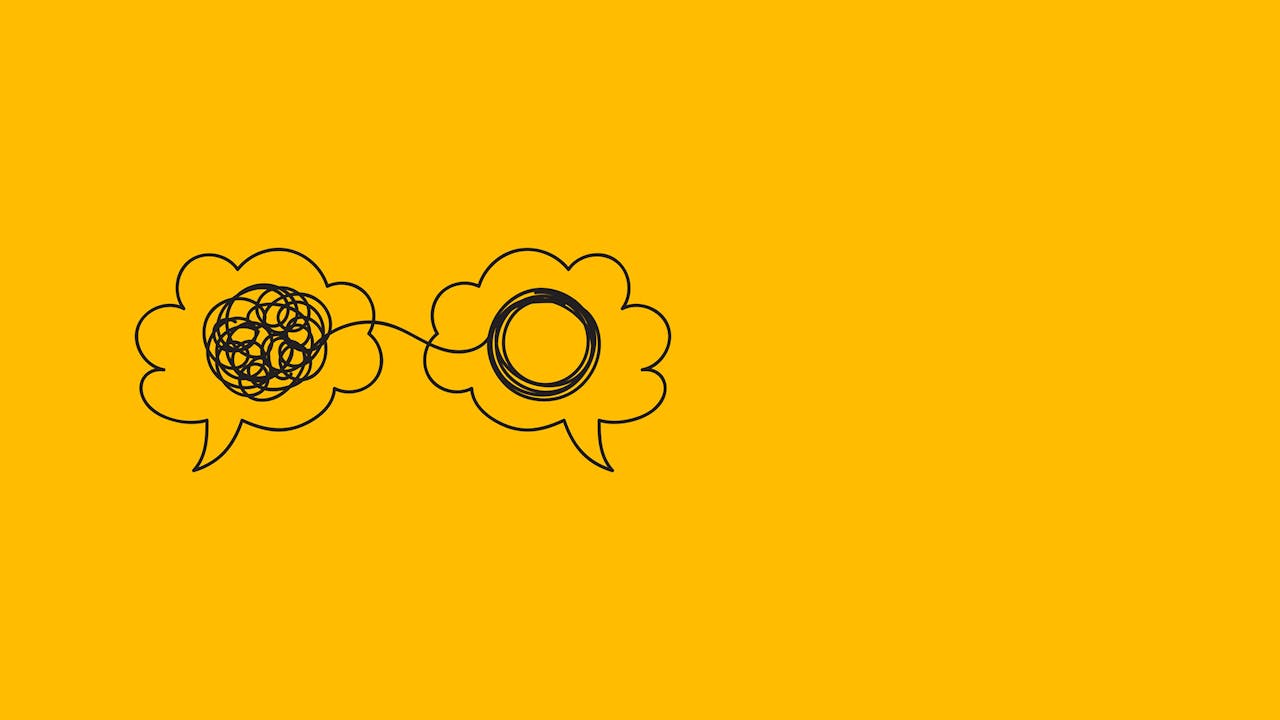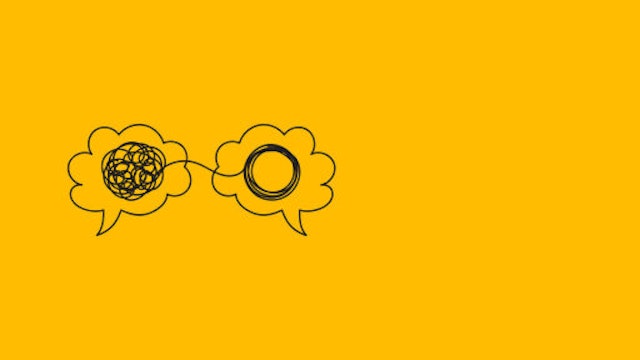Effective Listening Training Course
Effective listening is more than just hearing words; it’s about truly understanding and engaging with the speaker. This course will teach you active listening techniques that improve communication and build stronger relationships. You’ll learn to listen with empathy, ask insightful questions, and provide meaningful feedback. Elevate your interactions by mastering the art of listening and see how it transforms your personal and professional relationships.
-
Effective Listening Overview
Effective listening is the ability to actively understand information provided by the speaker, and much more as well.
-
Empathetic Listening
The highest form of listening we can obtain is being able to listen with empathy.
-
Body Language & Presence
When you're mindful with your body language, you can maintain your own focus and maintain others focus on you.
-
Breathe - Effective Listening
The quickest way to re-center yourself and maintain focus is with organised, rational breathing, or what's known as the square breath.
-
Don't Fake It
If you pretend to focus, what you're focusing on is the pretending, not on the person you're listening to.
-
Non-Verbal Messages
You need to be sensitive to the non-verbal message you're sending with the shape, position, orientation and arrangement of your whole body and limbs.
-
Repeat & Rephrase
Another way to stay focused is to use the technique of repeating or rephrasing what we heard the other person say, before we speak.
-
Show Your Mood
Stay focused by staying open and transparent. Rather than fake interest, show your authentic mood.
-
Staying Focused
It may sound ridiculously simple, but often the reason we fail to reach an outcome is because our focus has wavered.
-
Closed Questions
Closed ended questions are designed to get very specific information from the other person.
-
Open Questions
Open questions are designed to draw out someone's opinions, feelings, and knowledge
-
Probing & Clarifying
Probing and clarifying questions are designed to give us more information on a topic we've already been discussing.
-
Summary Questions
Summary questions can be a great way to honestly check that you get what the other person is telling you.
-
The Great Question
To effectively listen, we need to be willing to stop talking, draw out the other person's point of view, and really listen to what they have to say.
-
During Conference Calls
On a conference call participants can't see you, and you can't see them. It can be very tempting to multitask.
-
Face To Face
Here are some common sense listening tools that can be applied during face-to-face communication.
-
Face To Face - Meetings
The same common sense listening tools that can be applied to individual face-to-face communication, also apply to group face-to-face meetings.
-
Over Telepresence
This film looks at some challenges to overcome when it comes to listening over telepresence.
-
Over The Phone
Over the phone, we can't see or be seen, but listeners can hear when you lose focus.
-
Actions - Effective Listening
Phil Daniels a professor of psychology is credited with devising a process called start-stop-keep that asks some valuable questions.
-
Effective Listening: Course Notes
687 KB






















